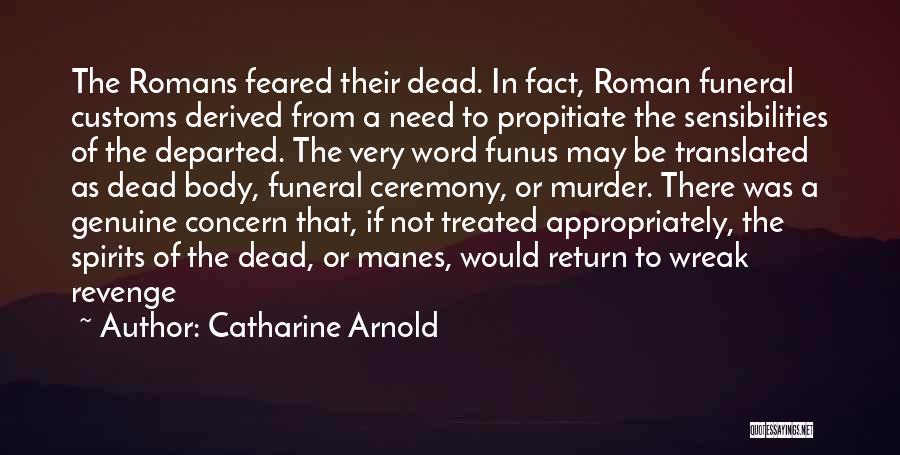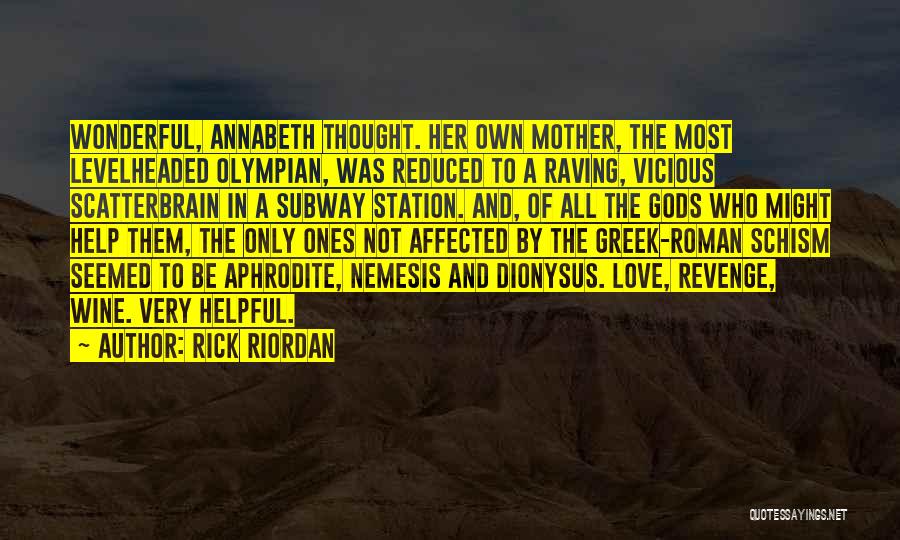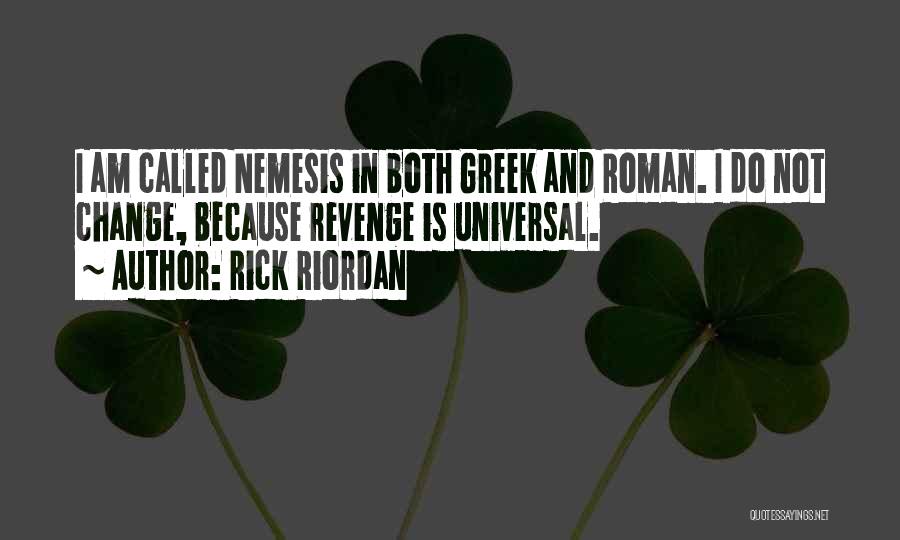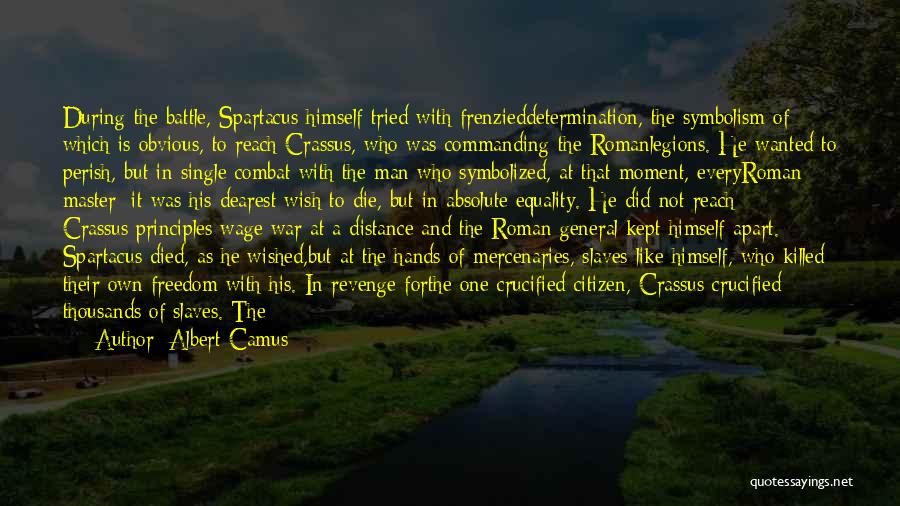Roman's Revenge Quotes & Sayings
Enjoy reading and share 6 famous quotes about Roman's Revenge with everyone.
Top Roman's Revenge Quotes

The Romans feared their dead. In fact, Roman funeral customs derived from a need to propitiate the sensibilities of the departed. The very word funus may be translated as dead body, funeral ceremony, or murder. There was a genuine concern that, if not treated appropriately, the spirits of the dead, or manes, would return to wreak revenge — Catharine Arnold

Every failure made me more confident. Because I wanted even more to achieve as revenge, to show that I could. — Roman Polanski

Wonderful, Annabeth thought. Her own mother, the most levelheaded Olympian, was reduced to a raving, vicious scatterbrain in a subway station. And, of all the gods who might help them, the only ones not affected by the Greek-Roman schism seemed to be Aphrodite, Nemesis and Dionysus. Love, revenge, wine. Very helpful. — Rick Riordan

The grateful applause of the clergy has consecrated the memory of a prince, who indulged their passions and promoted their interest. Constantine gave them security, wealth, honours, and revenge; and the support of the orthodox faith was considered as the most sacred and important duty of the civil magistrate. The edict of Milan, the great charter of toleration, had confirmed to each individual of the Roman world the privilege of choosing and professing his own religion. — Edward Gibbon

I am called Nemesis in both Greek and Roman. I do not change, because revenge is universal. — Rick Riordan

During the battle, Spartacus himself tried with frenzied
determination, the symbolism of which is obvious, to reach Crassus, who was commanding the Roman
legions. He wanted to perish, but in single combat with the man who symbolized, at that moment, every
Roman master; it was his dearest wish to die, but in absolute equality. He did not reach Crassus:
principles wage war at a distance and the Roman general kept himself apart. Spartacus died, as he wished,
but at the hands of mercenaries, slaves like himself, who killed their own freedom with his. In revenge for
the one crucified citizen, Crassus crucified thousands of slaves. The six thousand crosses which, after
such a just rebellion, staked out the road from Capua to Rome demonstrated to the servile crowd that
there is no equality in the world of power and that the masters calculate, at a usurious rate, the price of
their own blood. — Albert Camus





